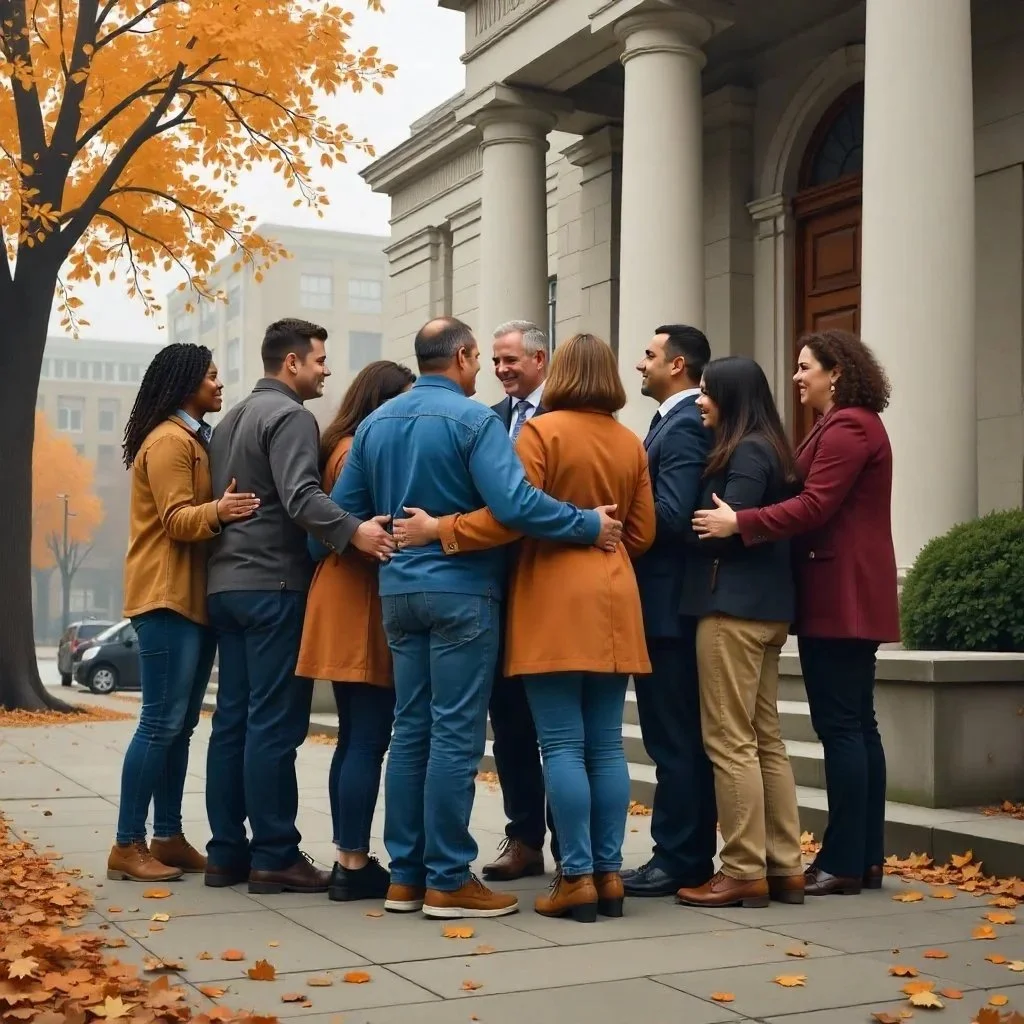Overcoming Low Self-Awareness
Written by Rev. Dr. Scott Paczkowski
“For if anyone thinks he is something, when he is nothing, he deceives himself.”
Faith in God is not just an awareness of the divine but an awareness of oneself. Oneself? Yes! To learn about God, one needs to develop self-awareness so one can recognize our need for God. Low self-awareness keeps us from realizing our shortcomings which keeps us from embracing grace and mercy. Low self-awareness also keeps us from fulfilling God’s divine call.
According to Nick Wignall in his article, “7 Signs of Low Self-Awareness,” the first sign of low self-awareness is “Never admitting mistakes.” If we can never admit a mistake, we cannot recognize our shortcomings and need God’s healing touch. While we cannot see our flaws, these individuals are good at “Criticizing others.” The unaware person doesn’t realize criticism of others masks our own self-loathing. “When you’re constantly trying to feel good about yourself there’s no time left to learn about yourself.” Criticizing others is a selfish and cheap way of feeling better.
Wignall states those with low self-awareness are good at “Avoiding hard decisions.” Self-awareness guides our life choices, making it easier to take responsibility for our decision-making. When one is self-aware, the future and past are not as fearful. Finally, “Only noticing loud emotions” is the last of the examples of low self-awareness. When one can only listen to those screaming the loudest, one misses God’s still small voice. Those who are self-aware can recognize what voices are worthy of our God-given life.
Writing three paragraphs and quoting another writer makes self-awareness appear easy to achieve. However, self-awareness is hard work, and it never really ends until we end on this earth. Therefore, pray today for the Holy Spirit to help us learn mature self-awareness. Not just so we can be more controlled, but so we can be available to the God who can make us whole.










